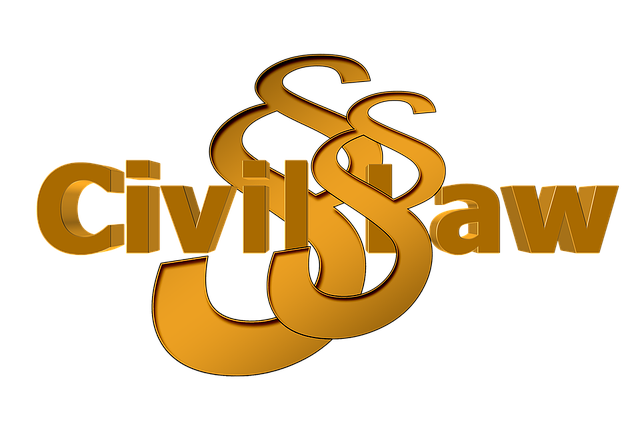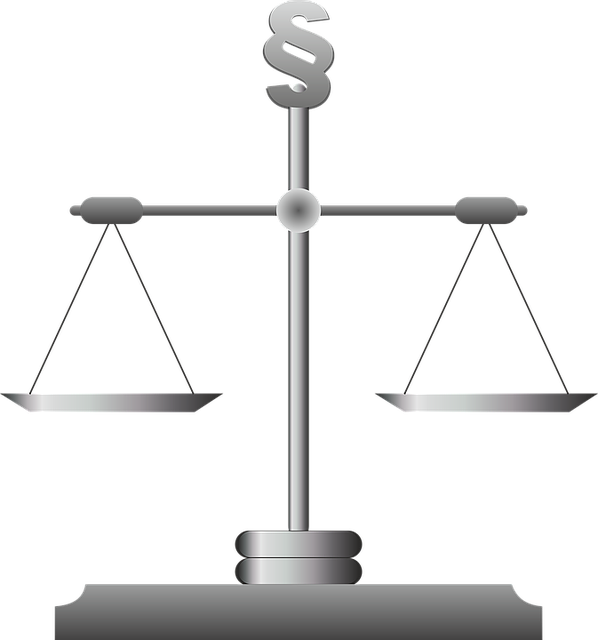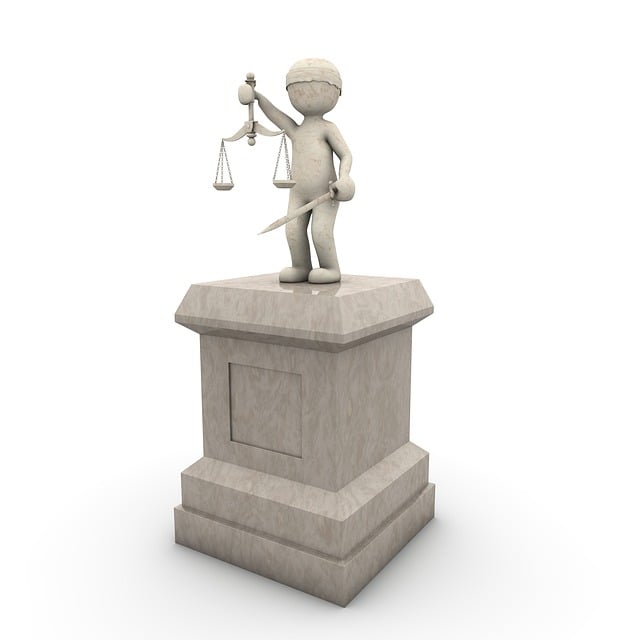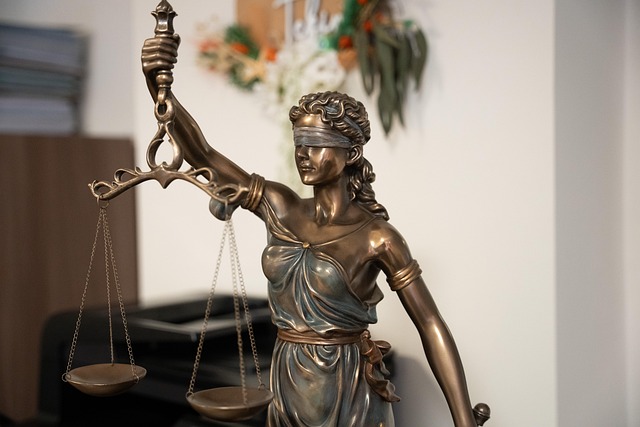Public corruption charges, including bribery and abuse of power, significantly impact trust in democratic institutions. Legal Representation in Administrative Hearings is vital for accused individuals, as these hearings often determine career and reputation. Skilled attorneys navigate complex legal frameworks, protect rights, and craft defenses against stringent regulations and stiff penalties. Effective representation is crucial for achieving fair outcomes, securing dismissals, or negotiating plea deals. While recent cases show successes and challenges, a skilled defense team's advocacy remains key in combating public corruption.
“Unraveling Public Corruption Charges: A Comprehensive Guide to Navigating Legal Representation in Administrative Hearings. This article provides an in-depth look at the intricate world of public corruption, focusing on legal definitions and frameworks guiding these proceedings. We explore the unique role of administrative hearings, offering insights into effective legal representation strategies for accused individuals. By examining rights and responsibilities, we highlight the importance of skilled advocacy. Additionally, case studies reveal successes and challenges, shedding light on best practices in handling such complex cases.”
- Understanding Public Corruption Charges: Definitions and Legal Framework
- The Role of Administrative Hearings in Corruption Cases
- Navigating the Complexities: Legal Representation Strategies
- Rights and Responsibilities of Accused Individuals
- Case Studies: Successes and Challenges in Recent Hearings
Understanding Public Corruption Charges: Definitions and Legal Framework
Public corruption charges encompass a range of illicit activities involving public officials, including bribery, fraud, and abuse of power. These offenses erode public trust and undermine democratic institutions. Understanding the nuances of public corruption is crucial for both prosecutors and individuals facing such allegations. The legal framework surrounding these charges varies by jurisdiction, but common threads include stringent regulations and strict penalties to deter misconduct.
When facing public corruption accusations, securing robust legal representation in administrative hearings becomes paramount. Skilled attorneys can navigate complex laws and procedures, advocating for their clients’ rights and interests. A winning challenging defense verdict not only demonstrates the attorney’s expertise but also ensures individuals accused of corruption receive fair treatment within the legal system. In high-stakes cases, where avoiding indictment is a top priority, experienced legal counsel plays an indispensable role in crafting robust defenses and leveraging strategic arguments to protect one’s freedom and reputation.
The Role of Administrative Hearings in Corruption Cases
In many jurisdictions, public corruption cases often involve complex legal processes, one of which is the administrative hearing. These hearings play a pivotal role in corruption investigations by providing an avenue for evidence presentation and argumentation without the formality of a trial. They offer a more flexible setting where regulatory agencies or prosecutors can delve into the specifics of alleged misconduct, ensuring fairness while maintaining efficiency.
During these proceedings, individuals accused of public corruption, including government officials and business leaders, are entitled to legal representation. Skilled attorneys can navigate the intricate details of administrative law, protecting their clients’ rights and interests. The focus on legal representation in these hearings is crucial, especially for corporate and individual clients seeking to avoid indictment. It ensures that all parties involved have a fair chance to present their side, thereby fostering transparency and accountability in public corruption cases.
Navigating the Complexities: Legal Representation Strategies
Navigating public corruption charges can be a complex task, especially when it comes to legal representation. In administrative hearings, defendants often face stringent regulations and a high burden of proof. A skilled white collar defense attorney plays a pivotal role in guiding clients through this intricate process. They employ strategic approaches tailored to each unique case, ensuring that all rights are protected throughout the investigative and enforcement stages.
These attorneys leverage their expertise to build robust defenses, aiming for achieving extraordinary results. By understanding the nuances of administrative law and public corruption cases, they can effectively challenge evidence, question witnesses, and navigate the legal complexities involved. This strategic approach is crucial in protecting clients’ interests and securing the best possible outcome, especially when facing severe penalties and reputational damage.
Rights and Responsibilities of Accused Individuals
When facing public corruption charges, individuals accused of wrongdoing have specific rights and responsibilities. One crucial aspect is their right to legal representation throughout all stages of the investigative and enforcement process. Having qualified counsel can significantly impact the outcome, especially during administrative hearings where the future of one’s career and reputation may be determined.
Accused persons are entitled to seek legal advice from experienced attorneys who specialize in such cases. Their lawyers play a vital role in guiding them through complex legal procedures, ensuring their rights are protected. This includes the right to remain silent, the ability to challenge evidence, and the possibility of avoiding indictment by negotiating plea deals or presenting robust defenses. Effective legal representation can help navigate the intricate web of regulations and regulations, ultimately aiming to mitigate consequences and foster a fair outcome.
Case Studies: Successes and Challenges in Recent Hearings
Recent public corruption hearings offer a mix of outcomes, highlighting both successes and challenges in combating this pervasive issue. One notable success was secured by a skilled white collar defense team who, through meticulous legal representation in administrative hearings, achieved a complete dismissal of all charges for their clients. This triumph underscores the importance of robust legal strategy and highlights how effective advocacy can undermine corruption cases.
Conversely, several instances reveal the complexities and challenges inherent in these proceedings. Defendants faced significant hurdles, with allegations often centered around intricate financial schemes or misinterpreted regulatory compliance. Despite diligent defense efforts, some hearings resulted in partial convictions or continued investigations, demonstrating that winning outcomes are not always guaranteed.
Public corruption charges are complex, demanding a thorough understanding of both the legal framework and the unique procedures involved. While administrative hearings play a pivotal role in these cases, effective Legal Representation in Administrative Hearings is paramount for accused individuals to safeguard their rights and navigate the complexities at hand. By examining successful case studies and adopting strategic legal representation strategies, those faced with such charges can better prepare for their outcomes.






